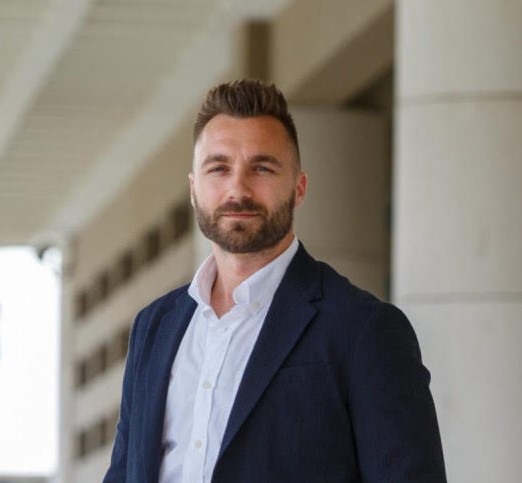09/10/2025
18:30 - 19:30
Brazil
, Sur site
Pourquoi participer
This session aligns with IUCN Motion 130. Tourism fosters environmental literacy, stewardship, and community engagement. It empowers local and Indigenous communities, and supports the transition to nature-positive economies. However, achieving this potential requires inclusive governance models, equitable policies, and standards that ensure tourism aligns with conservation goals and sustainable development.
Description de la séance
Tourism, as one of the world’s largest economic sectors, holds unique potential to drive biodiversity conservation and community resilience. Yet, this opportunity remains underutilized and unevenly distributed. This session will explore how sustainable tourism can contribute to nature-positive economies and societies, moving beyond its role as an economic driver to become a catalyst for conservation finance, responsible travel behaviors, and greater public appreciation for biodiversity. Through practical examples, innovative models, and scalable solutions, the session will highlight pathways that align tourism development with ecological restoration, equitable economic benefits, and long-term preservation of natural and cultural heritage. The session will also mark the launch of a new TAPAS publication, reinforcing the group’s commitment to advancing tourism as a solution to global biodiversity challenges.Partenaires
Headquarters
● University of Split
North Carolina State University
Roland Berger Middle East


